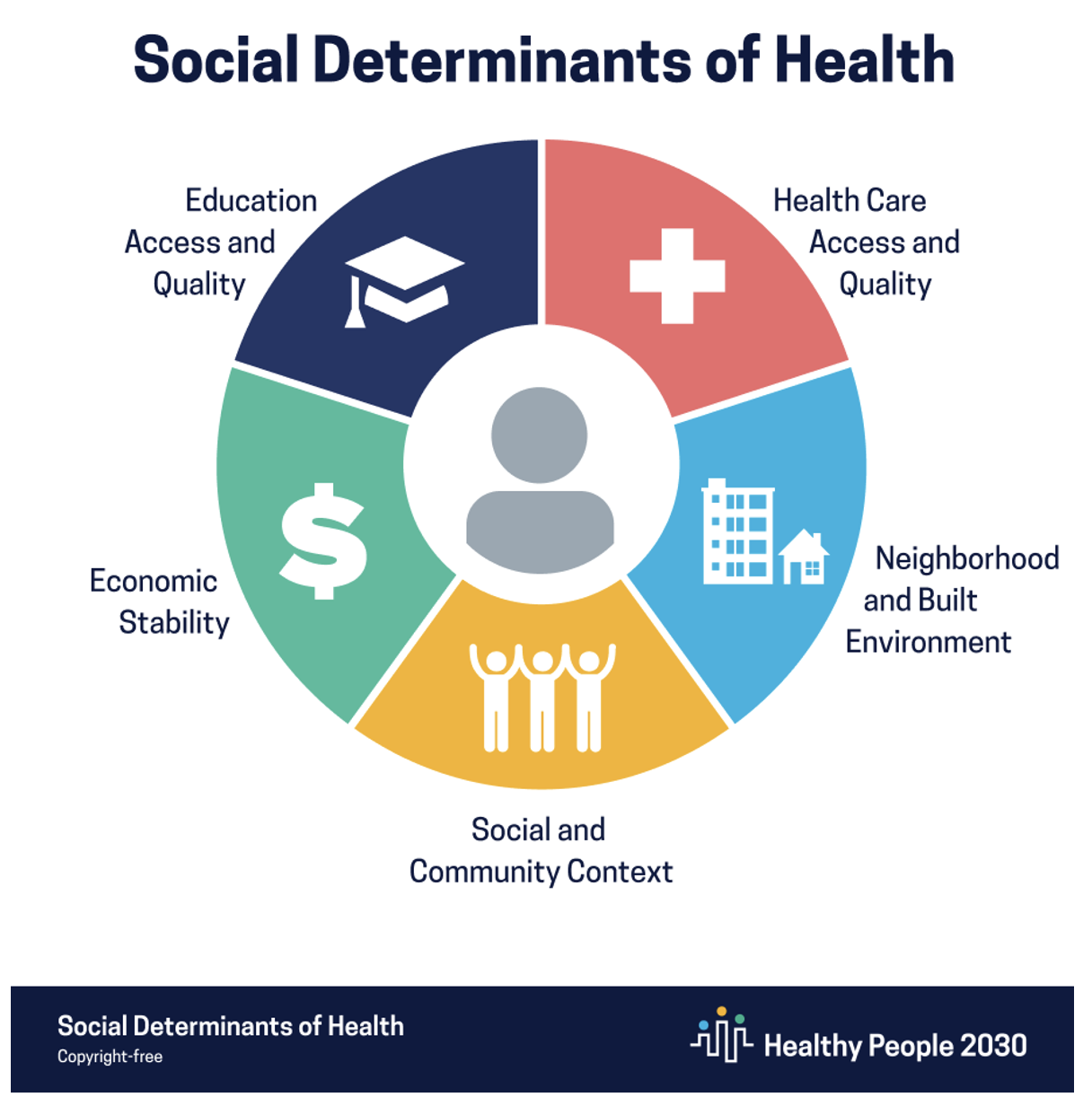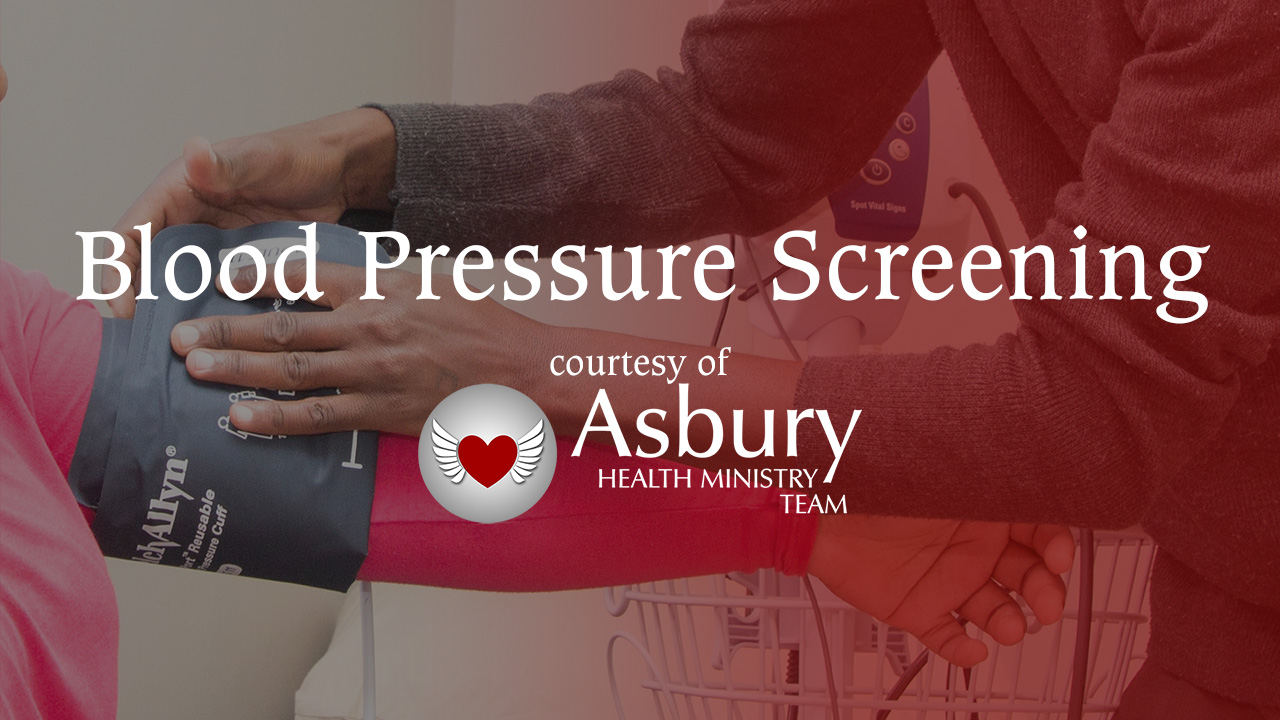a message from Asbury’s Health Ministry Team
“Chronic Kidney Disease”
Public health efforts have distributed much information about chronic diseases such as heart disease and diabetes. However, not much has been publicized about chronic kidney disease (CKD). More than 1 in 7 US adults—about 35.5 million people, or 14%—are estimated to have CKD. As many as 9 in 10 adults with CKD do not know they have it. About 1 in 3 adults with severe CKD do not know they have CKD (CDC, 2023).
Some risk factors for CKD can be controlled or modified, including diabetes, hypertension, history of acute kidney injury (AKI), frequent non-steroidal anti-inflammatory drug (NSAID) use, and use of contrast dyes and bowel preps. Non-modifiable risk factors include family history of kidney disease, diabetes, or hypertension, age 60 or older, and race/U.S. ethnic minority status.
Chronic kidney disease can creep up slowly and silently. You can be losing kidney function for many years without symptoms. Many people find out they have CKD only when their kidneys have failed and it’s too late for preventive treatment. At this point, they usually need dialysis or a kidney transplant. That’s why knowing your kidney numbers is so important! Many people know their cholesterol and blood pressure numbers, but they also need to know their kidney numbers, to see if their kidneys are healthy or if they have CKD. Having CKD means that you’ve had a kidney problem for at least 3 months.
There are two KIDNEY NUMBERS: Estimated Glomerular Filtration Rate (eGFR), measured by a blood test and Urine Albumin to Creatinine Ratio (uACR), measured by a urine test. The eGFR shows how well your kidneys clean your blood, and the uACR shows if there’s a protein called albumin in your urine, which may mean that your kidneys are damaged. Along with these your doctor reviews your health history and performs other tests to either confirm or rule out if you have CKD.
Prevention of CKD includes following instructions on over-the-counter medication, such as ibuprofen, aspirin and Tylenol; maintaining a healthy diet; and not smoking. Treatment for CKD focuses on slowing progression of kidney damage, usually by controlling the cause.
For further information visit the Mayo Clinic’s page on to Chronic kidney disease – symptoms and causes .









